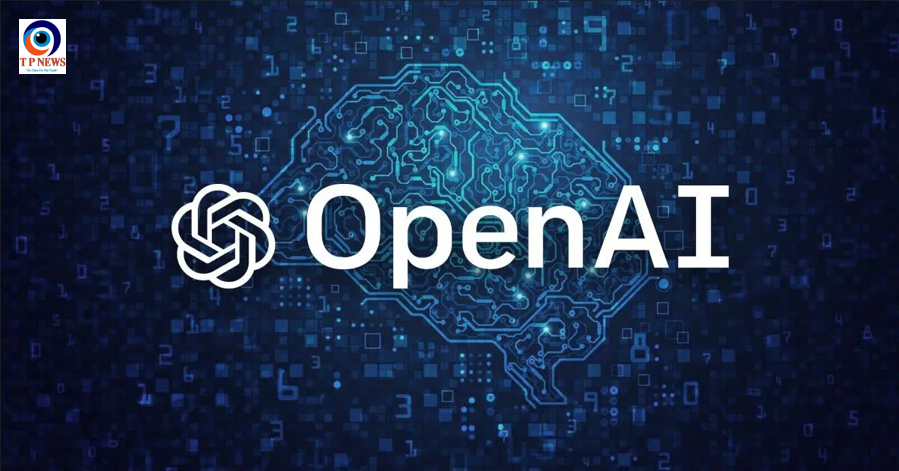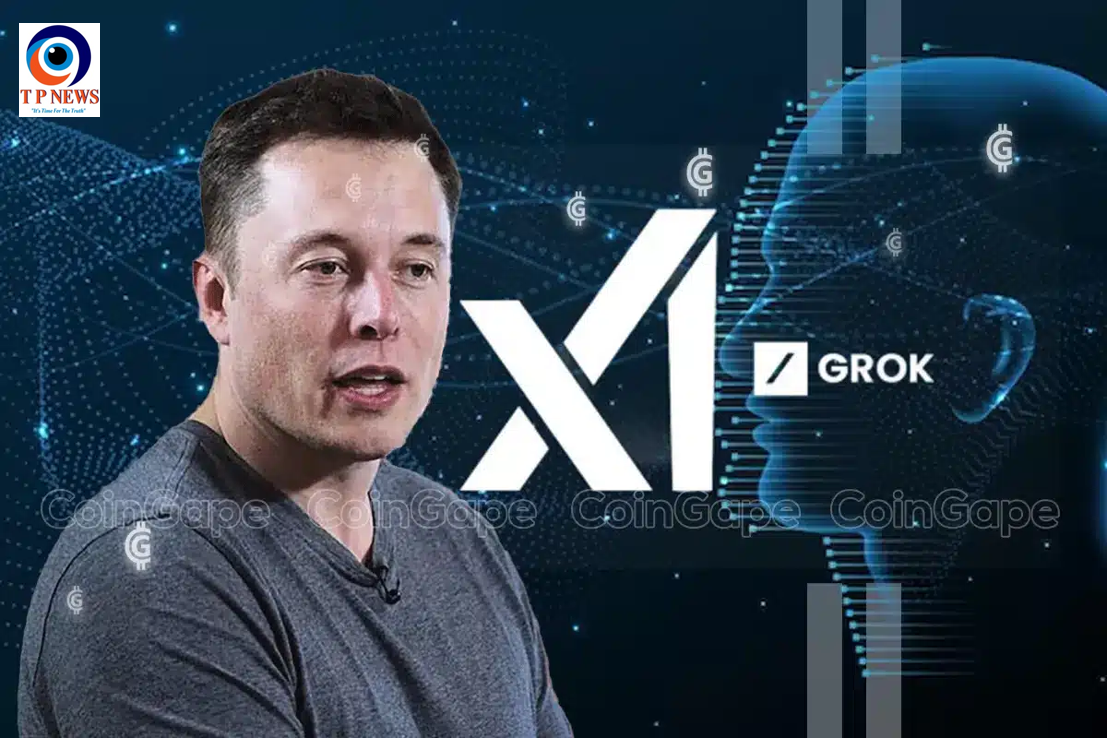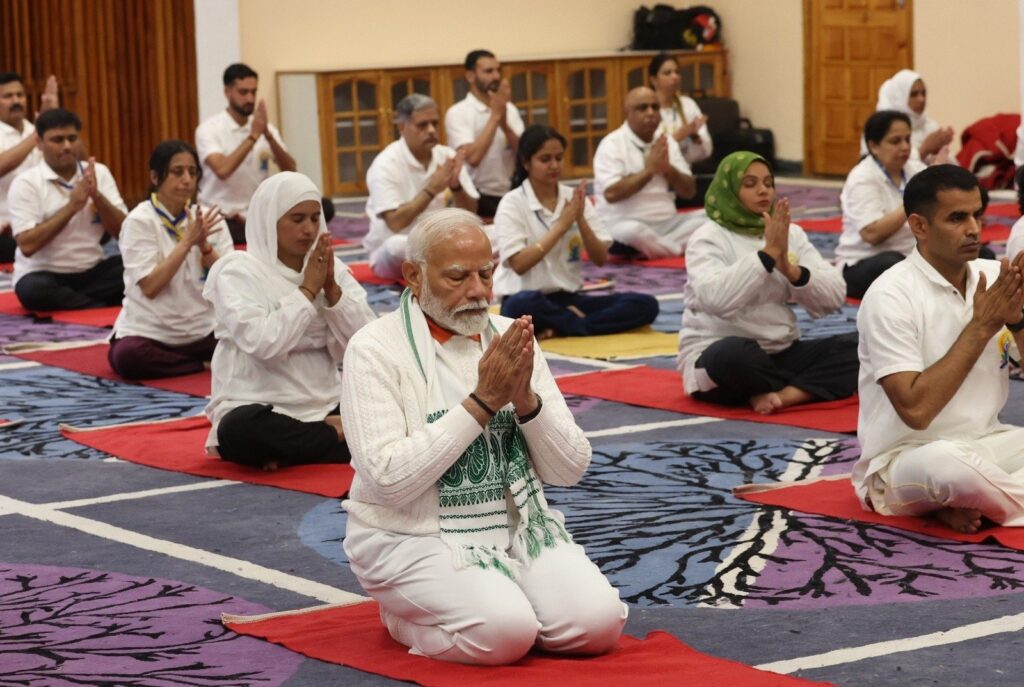OpenAI, led by CEO Sam Altman, is reportedly working on a new advanced reasoning technology for its large language models (LLMs), internally code-named ‘Strawberry’. This initiative, as revealed by Reuters on Friday through internal company documents and sources familiar with the matter, aims to significantly enhance the reasoning capabilities of OpenAI’s AI models.
Why is Strawberry Important?
The project Strawberry is shrouded in secrecy, known to only a select few within the organization. Previously referred to as Q, it represents a potential breakthrough for OpenAI. Demonstrations of Q shown to some staff indicate that the LLMs could solve complex science and math problems that current commercial models struggle with.
According to the documents, Strawberry is designed to go beyond generating simple answers. The models are being developed to plan ahead and autonomously navigate the internet to conduct what OpenAI terms “deep research.”
What is Strawberry?
Strawberry represents a specialized method of post-training OpenAI’s generative AI models, aiming to fine-tune their performance even after initial training on large datasets. This post-training process involves adapting the models to enhance their capabilities in specific tasks.
One of the key goals for Strawberry is to enable the AI models to perform long-horizon tasks (LHT). These tasks require the AI to plan and execute a series of actions over an extended period. OpenAI envisions its models using Strawberry’s capabilities to autonomously browse the web, supported by a “computer using agent” (CUA). This agent would be able to take actions based on the information it discovers, effectively conducting research independently.
As OpenAI continues to push the boundaries of AI technology, Strawberry is poised to be a significant advancement, potentially transforming how AI models reason and interact with complex information.

















